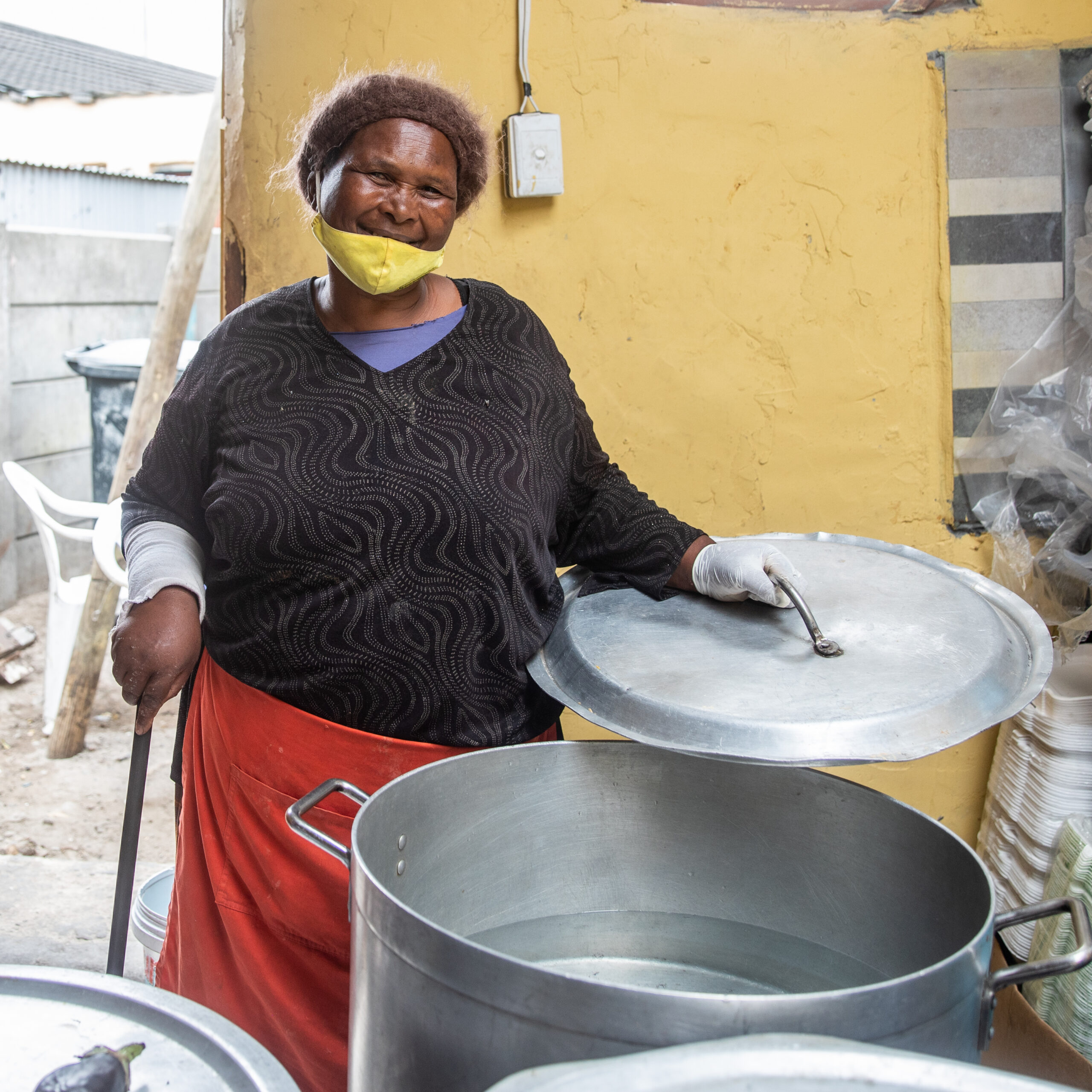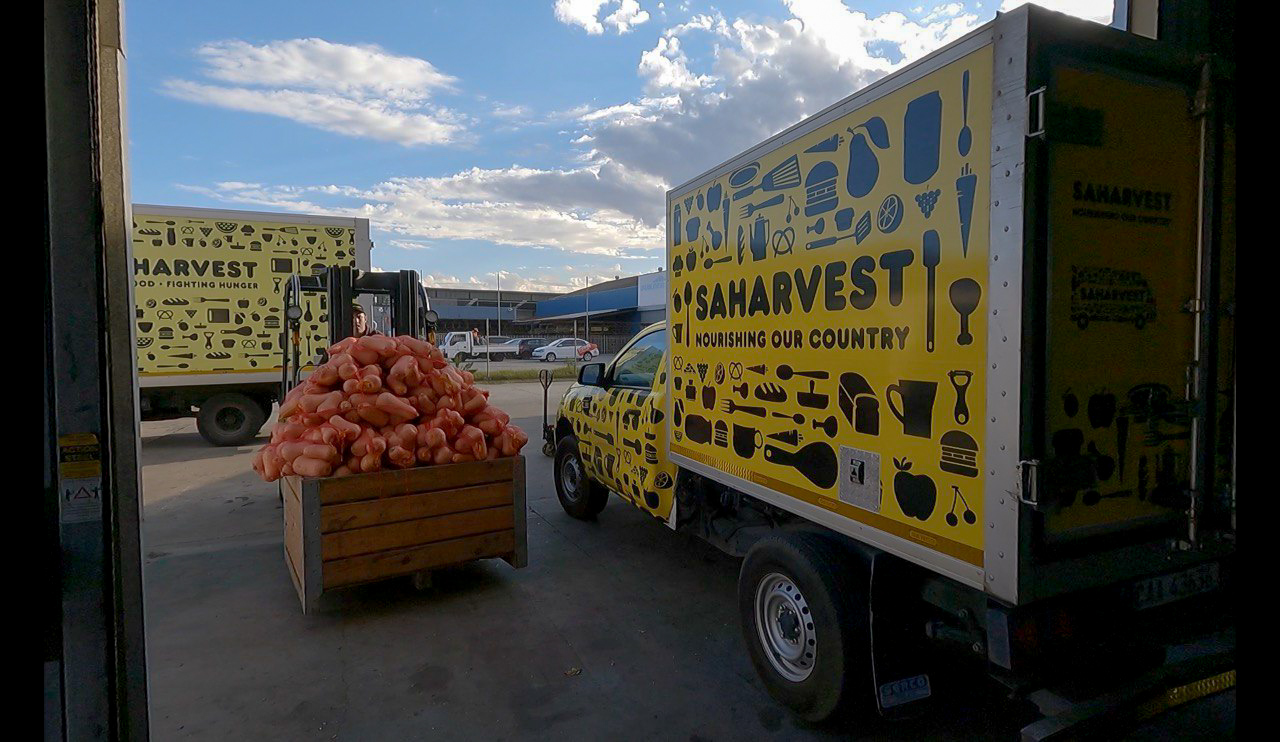“Freedom is meaningless if people cannot put food in their stomachs” – Nelson Madiba Mandela
Human Rights Day on March 21 presents an opportune moment to reflect on one of the most basic human rights – the right to affordable nutritious food. While this right is entrenched in Sections 27 and 28 of the South African constitution, around 20 million South Africans are on a spectrum of severe food vulnerability, and the government is not fulfilling its constitutional obligation to address this catastrophe.
SA Harvest, a South African food rescue and hunger relief organisation that has delivered the equivalent of 38,6 million meals in the last three years by rescuing 11,7 million kilograms of food that would otherwise have gone to waste, is on a mission to end hunger in the country. The organisation is founded on three pillars – food rescue, systemic intervention, and technology – and Alan Browde, CEO and founder of SA Harvest, asserts that systemic intervention is crucial to achieving this goal and that the government must do more to ensure that all South Africans have access to nutritious food.
“While some may consider it an impossible goal to end hunger, we believe that it is attainable, through a combined approach of delivering nutritious food on a charitable basis to the chronically hungry while at the same time addressing the systemic causes of hunger via collaboration between government, civil society and corporate South Africa and an entrepreneurial approach to tackling the problem.”
Browde says, “While SA Harvest’s charitable food rescue pillar helps to meet the immediate hunger situation in the country, it’s the organisation’s systemic intervention strategy that will ultimately help to end hunger. Browde believes that charity, while necessary, creates extreme dependence and a low sense of self-esteem. Therefore, the focus must be on helping people become food sovereign and independent.
“To achieve this goal, we are working to address the systemic issues that create hunger in the first place. One of the main issues is that for millions there is no access to affordable, nutritious food, which is the result of a broken and unjust food chain. In a third world developing country like South Africa, this situation has to be remedied. The government needs to create conditions where the mass of South Africans can access nutritious food at affordable prices. The right to food for all South Africans is entrenched in the constitution and the government clearly has the resources to to fulfill their constitutional obligation. This year we will devote Human Rights Day to calling on the government to meet its obligations in this regard.”
According to Browde, around 20 million South Africans experience hunger at some time during the month. At the same time, 10,3 million tonnes of good food goes to waste. If this food could be collected and distributed efficiently, it would provide approximately 30 billion meals, which is more than enough to feed the entire population of South Africa three meals a day for more than a year.
One of the systemic interventions SA Harvest is pushing for is the banning of food waste, as seen in France in 2016. “Carrefour, one of their big retailers, did more in one year than all the others put together when food waste was banned. This could make a massive difference to getting millions of tons of good food to hungry people rather than going to rot on landfill,” says Browde.
Unemployment is another significant issue in South Africa, and SA Harvest is taking it to heart. While it’s not an easy problem to solve, addressing it is necessary to end hunger in the country. The organisation is currently creating a flagship operational model that combines what it regards as the elements essential to the solution to hunger – education, employment, entrepreneurship and food rescue. The pilot project is being undertaken in Lusikisiki and will be launched later this year.
“Ultimately, SA Harvest is working towards a future where there is no need for the charity side of our operation, and we can shut it down. We believe that ending hunger is not a pipe dream, and we will know we have succeeded when charity is no longer necessary,” says Browde.
 Mama Victoria of Masijonge, an SA Harvest beneficiary organisation in Cape Town. photo credit: Jonx Pillemer
Mama Victoria of Masijonge, an SA Harvest beneficiary organisation in Cape Town. photo credit: Jonx Pillemer
 SA Harvest trucks collecting nutritious food from a generous donor
SA Harvest trucks collecting nutritious food from a generous donor